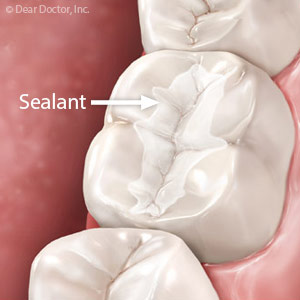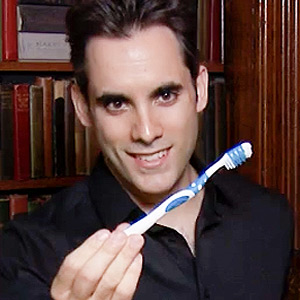

Osteoporosis is a serious bone weakening disease in older adults that can turn a minor fall into a major bone fracture. But the condition could also impact dental treatment—triggered ironically by the drugs used to treat osteoporosis rather than the disease itself.
From the Latin for “porous bone,” osteoporosis causes bone to gradually lose mineral structure. Over time the naturally-occurring spaces between mineralized portions of the bone enlarge, leaving it weaker as a result.
Although there’s no definitive cure for osteoporosis, a number of drugs developed over the last couple of decades can inhibit its progress. Most fall into two major categories, bisphosphonates and RANKL inhibitors.
These drugs work by inhibiting the normal growth cycle of bone. Living bone constantly changes as cells called osteoblasts produce new bone. A different type, osteoclasts, clear away older bone to make room for these newer cells. The drugs selectively destroy osteoclasts so that the older bone, which would have been removed by them, remains for a longer period of time.
Retaining older cells longer initially slows the disease process. But there is a downside: in time, this older bone kept in place continues to weaken and lose vitality. In rare instances it may eventually become detached from its blood supply and die, resulting in what is known as osteonecrosis.
Osteonecrosis mostly affects two particular bones in the body: the femur (the long bone in the upper leg) and the jawbone. In regard to the latter, even the stress of chewing could cause osteonecrosis in someone being treated for osteoporosis. It can also occur after tooth extractions or similar invasive procedures.
If you’re taking a bisphosphonate or RANKL inhibitor, you’ll want to inform your dentist so that the necessary precautions can be taken before undergoing dental work more invasive than routine cleanings or getting a filling or crown. If you need major dental work, your dentist or you will also need to speak with your physician about stopping the drug for a few months before and after a dental procedure to minimize the risk of osteonecrosis.
Fortunately, the risk for dental problems while undergoing treatment for osteoporosis is fairly low. Still, you’ll want to be as prepared as possible so that the management of your osteoporosis doesn’t harm your dental health.
If you would like more information on osteoporosis and dental health, please contact us or schedule an appointment for a consultation. You can also learn more about this topic by reading the Dear Doctor magazine article “Osteoporosis Drugs & Dental Treatment.”









